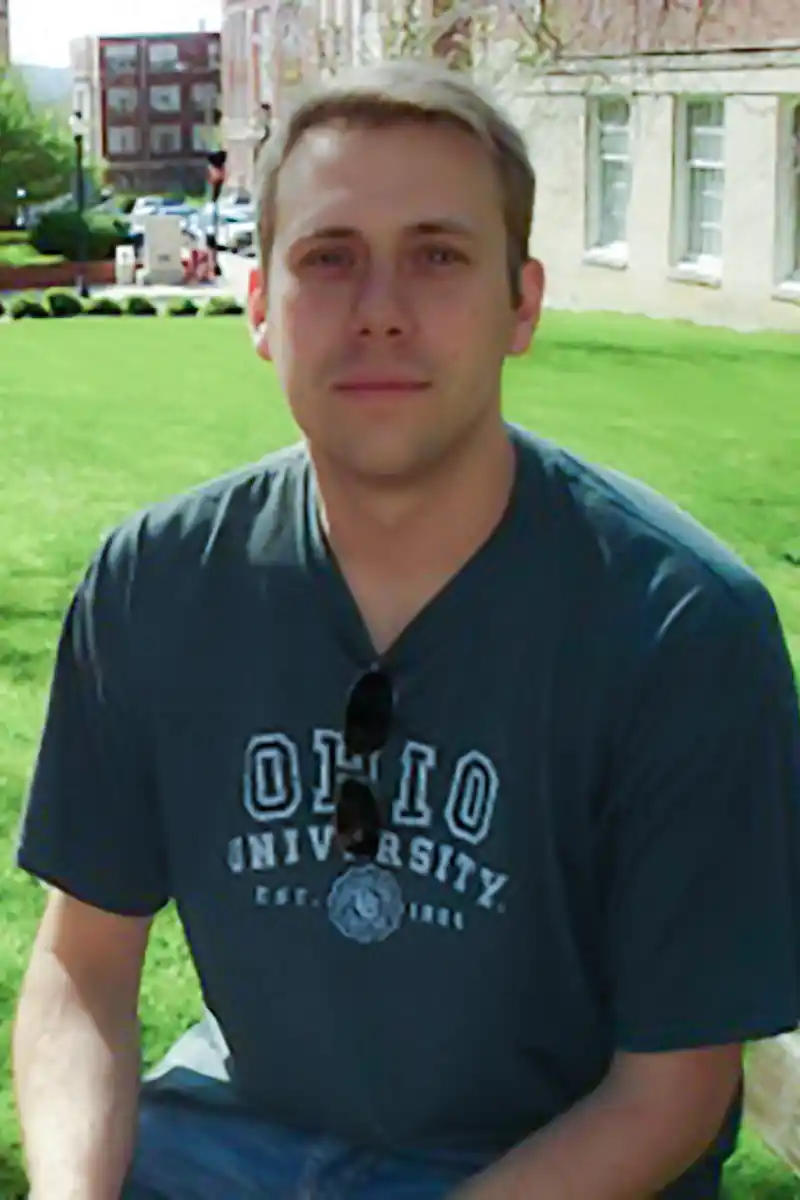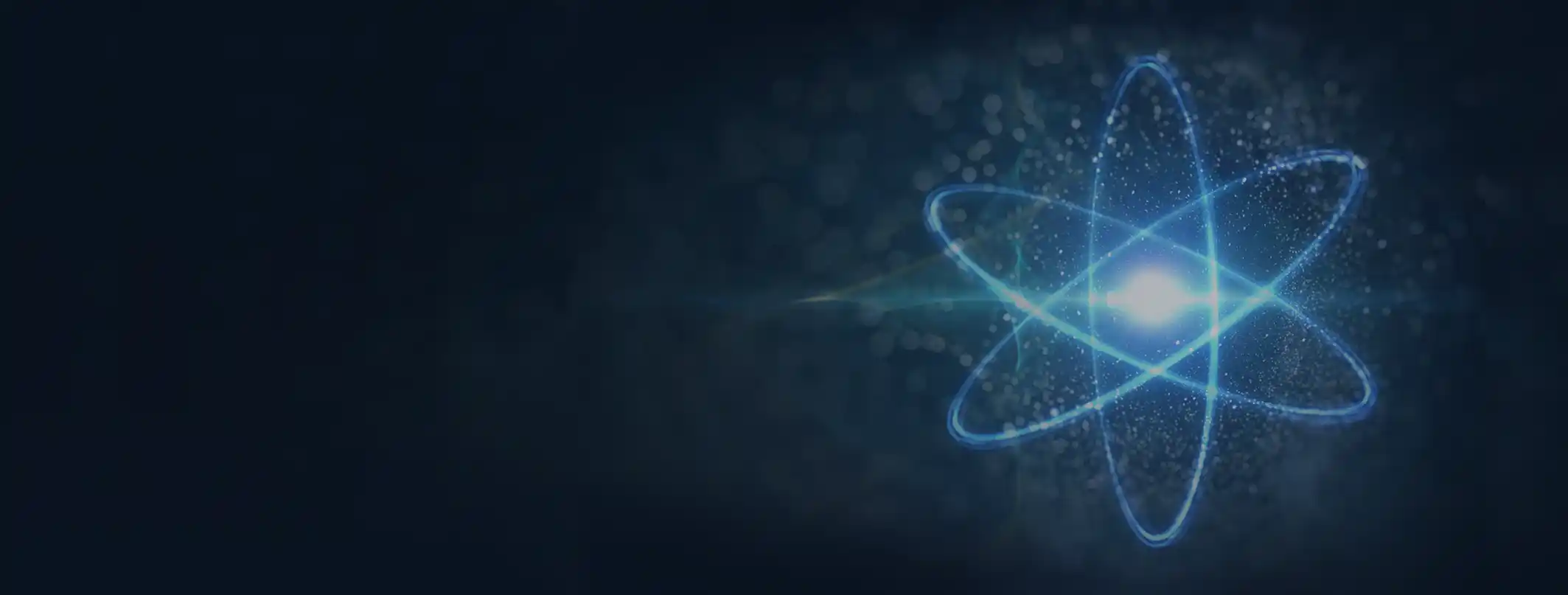Platter, Lucas

Online
Phone
Office
Lucas Platter
Professor (Joint Faculty) | Theoretical Nuclear Physics
Brief Vita
- Associate Professor, University of Tennessee, Knoxville (2020)
- Assistant Professor, University of Tennessee, Knoxville (2014-2020)
- Assistant Physicist, Argonne National Laboratory (2012-2014)
- Adjunct Assistant Professor, University of Illinois, Chicago (2012-2014)
- Assistant Professor, Chalmers University of Technology, Sweden (2010-2012)
- Research Associate, Institute for Nuclear Theory, University of Washington, Seattle (2009-2010)
- Postdoctoral Fellow, Ohio State University (2007-2009)
- Postdoctoral Fellow, Ohio University (2005-2007)
- PhD, Physics, Bonn University, Germany (2005)
- Diploma in Physics, Bonn University, Germany (2002)
Selected Honors
- UT Society of Physics Students Teacher of the Year Award (2017)
- National Science Foundation CAREER Award (2016)
- Vetenskapsradet (Swedish Research Council) Assistant Professor (2011-2016)
- Ohio University Postdoctoral Fellowship, Ohio University (2006-2007)
- DAAD Research Fellowship, German Academic Exchange Service (2004)
Research Areas
Nuclear Physics
Nuclear physics tries to describe systems interacting dominantly through interactions that are a consequence of Quantum Chromodynamics (QCD). QCD is the theoretical framework that describes the interactions between quarks and gluons in the standard model, however, it is also responsible for the interactions between neutrons and protons is responsible for the binding of these into nuclei. Nucleons can be considered as the relevant degrees of freedom in nuclei as they are tightly bound. As a consequence, a theory built around nucleons is a good starting point for the description of nuclei. Since the nucleon-nucleon system displays furthermore various widely separated scales, effective field theory is an approach that has gained momentum in this field in the recent past.
Ultracold Atoms
The field of ultracold atoms is very broad. I am interested in strongly interacting systems of ultracold atoms and how the microscopic interactions between the atoms lead to novel phenomena. During the last years, I have focused mostly on systems that display a large scattering length. The system becomes strongly interacting when the scattering length becomes large. Specifically, in systems composed out of bosons, microscopic few-body processes will have a major impact on their stability.
The Approach: Effective Field Theory
Effective field theory (EFT) is a universal approach to systems that display a separation of scales. The EFT is then formulated in terms of the minimal number of degrees of freedom as a systematic low-energy expansion. A separation of scales exists, for example, in the weak interaction that is mediated by vector mesons whose mass is larger than the typical momentum scale involved in weak decays. One can therefore use the scale separation between momentum and mass to construct a low-energy expansion in powers of q/M. The first order of this effective field theory is a pointlike interaction that corresponds to Fermi’s theory of the weak interaction.
Selected Recent Publications
- A van der Waals Characterization of the 4He3 System
D Odell, L Platter, A Deltuva
Bulletin of the American Physical Society (2021) - The van der Waals interaction as the starting point for an effective field theory
D Odell, A Deltuva, L Platter
arXiv preprint arXiv:2105.03442 (2021) - Pionless effective field theory evaluation of nuclear polarizability in muonic deuterium
SB Emmons, C Ji, L Platter
Journal of Physics G: Nuclear and Particle Physics 48 (3), 035101 (2021) - Electric dipole moments of three-nucleon systems in the pionless effective field theory
Z Yang, E Mereghetti, L Platter, MR Schindler, J Vanasse
arXiv preprint arXiv:2011.01885 (2020) - Three-body losses of a polarized Fermi gas near a p-wave Feshbach resonance in effective field theory
Physical Review A 101 (6), 062702 (2020) - β-delayed proton emission from 11Be in effective field theory
W Elkamhawy, Z Yang, HW Hammer, L Platter
APS Division of Nuclear Physics Meeting Abstracts 2020, SJ. 005 (2020) - Tritium β decay in pionless effective field theory
H De-Leon, L Platter, D Gazit
Physical Review C 100 (5), 055502 (2019) - Renormalization of a finite-range inverse-cube potential
D Odell, A Deltuva, J Bonilla, L Platter
Physical Review C 100 (5), 054001 (2019) - β-delayed proton emission from 11Be in effective field theory
W Elkamhawy, Z Yang, HW Hammer, L Platter
arXiv preprint arXiv:1909.12206 (2019) - Universal behavior of p-wave proton-proton fusion near threshold
B Acharya, L Platter, G Rupak
Physical Review C 100 (2), 021001 (2019) - Neutron transfer reactions in halo effective field theory
M Schmidt, L Platter, HW Hammer
Physical Review C 99 (5), 054611 (2019)
